Scarlett Johansson and Colin Jost’s Parenting Debate Gives Rare Glimpse Into Their Marriage
When it comes to parenting, the Internet is filled with plenty of big little feelings.
Screentime, sleep training, sugar intake, time outs—you name it, there’s a group of people ready to detail why you’re wrong.
Which is why childhood friends Deena Margolin and Kristin Gallant turned their clinical expertise into Big Little Feelings, the must-follow parenting platform that counts Blake Lively, Sophie Turner, Eva Mendes and Mandy Moore among their 3.5 million Instagram fans—and it’s why they’re careful not to deliver any hard and fast rules about how to raise kids.
But there’s one old-school technique they’re more than willing to smack down.
“Please don’t spank your kids,” Kristin implored in a joint interview with E! News. Decades after corporal punishment was considered the norm, “A huge amount of people rely on spanking to get better behavior,” she added. “And there is so much research showing how much damage it causes.”
The a mom of three, and Deena, a licensed marriage and family therapist who has two kids, have made a career out of providing guidance for parents who have hit their limits.
Their relatable AF, science-backed courses are rooted in the idea that kids are just tiny humans deserving of the same respect adults are afforded.
Though, Kristin said it drives her “a bit crazy” when she sees people take that idea too far “so it’s permissive parenting and then it gives the whole thing a bad rap.”
Just because she feels you have to model, rather than demand, respect doesn’t mean you’ve thrown the rules out the window.
Photo by: Charles Sykes/Bravo via Getty Images
“You are in charge, you are the leader, you are the adult, you are setting boundaries,” she explained. “You’re just letting them be able to be sad and you’re teaching them what to do when they’re sad. But we’re not letting them do whatever they want.”
Agreed Deena, “Parenting has boundaries and limits. Kids literally need that to feel safe, to be able to take risks, try out new things, but then also know someone’s going to hold a limit, someone’s going to keep them safe. Someone’s in charge of all the big stuff that would be too anxiety-provoking for them.”
Helping them work through the disappointment, frustration, sadness and, yes, tantrums that can come “with someone saying no,” she detailed, “that’s a really important part.”
As for the how, well, they’ve got a course for that.
Big Feelers, their latest neuroscience-based curriculum, is for the “kids who society calls highly sensitive, defiant, strong willed, explosive,” explained Deena. “These are kids who experience everything far more intensely than other kids. It is the way that they are wired.”
Both she and Kristin (a self-described big feeler herself) are parenting this type of kid, making it one of their more personal projects.
“When we give them skills to understand who they are and how to handle their big feelings in a way that makes them feel safe, we feel better,” Deena noted. “All the behaviors start to decrease, the meltdowns decrease, and it is just such a game changer for the whole family.”
Because the big feelers of the world are the future entrepreneurs, musicians and leaders, stressed Kristin: “So we don’t want to kill that fire, we want to fuel that fire. But we need to get to bedtime.”
Speaking of that nightly endeavor, the duo are releasing some IRL tools as well.
Their Fisher-Price X Big Little Feelings collaboration is a collection of play kits and courses designed to help with bedtime, sharing, potty training and, of course, tantrums.
“Kids learn best through play,” explained Deena, noting the goal was “to tackle the toughest problems that we as parents are facing in a way that really meets kids where they’re at developmentally.”
Photo by: Charles Sykes/Bravo via Getty Images
The set join the experts’ vast tool kits that includes ideas for keeping both you and your kids calm in life’s more heated moments. (Kristin’s go to: “I like to lean against a wall, because this activates your parasympathetic nervous system,” she described, “and I smell something really strong.”)
But their biggest gift is the reminder that you’ve got this.
The parenting question that they hear most frequently is some variation of, “Am I messing this whole thing up?” noted Kristin. As in, “‘I’m exhausted, so I let them do so much screen time. Did I totally f–k them up? Or, ‘I yelled at them today, I totally f–ked them up.'”
The answer, of course, is “No, you did not,” she insisted. “Barring child abuse, especially if you’re here on a parenting page, learning about parenting, we can almost guarantee that you have not completely messed them
Because, “We all hit our limits,” admitted Deena. “We all have a bad day where we’re threatening to never take them to the park again.”
And while parenting is certainly not child’s play, she stressed that the key when you have those off moments is to simply acknowledge you messed up.
“Repair is the number one tool that will change lives,” she explained. “It helps them make sense of what happened, that it’s not their fault.”
For parents, that’s as simply as apologizing to your kids once things get heated.
“Because when you go back and say, ‘Hey, earlier, I was really upset. You did nothing wrong. I’m sorry and I’m going to work on it,’ suddenly they’re not going to bed thinking, ‘God, I’m really bad. What did I do to make Mom so upset?'” explained Kristin. “Now, the story is, ‘I’m a good kid. Mom got upset. She’s working on it. That’s her stuff. We’re good.'”
And you are good, swear the pros, who recently kicked off the second season of their After Bedtime podcast.
“There is no other job or hobby on this planet where people are expecting 100 percent,” Kristin stressed. So cut yourself some slack. “You’re doing great,” she added. “You’re really supporting your kid and we’re proud of you.”


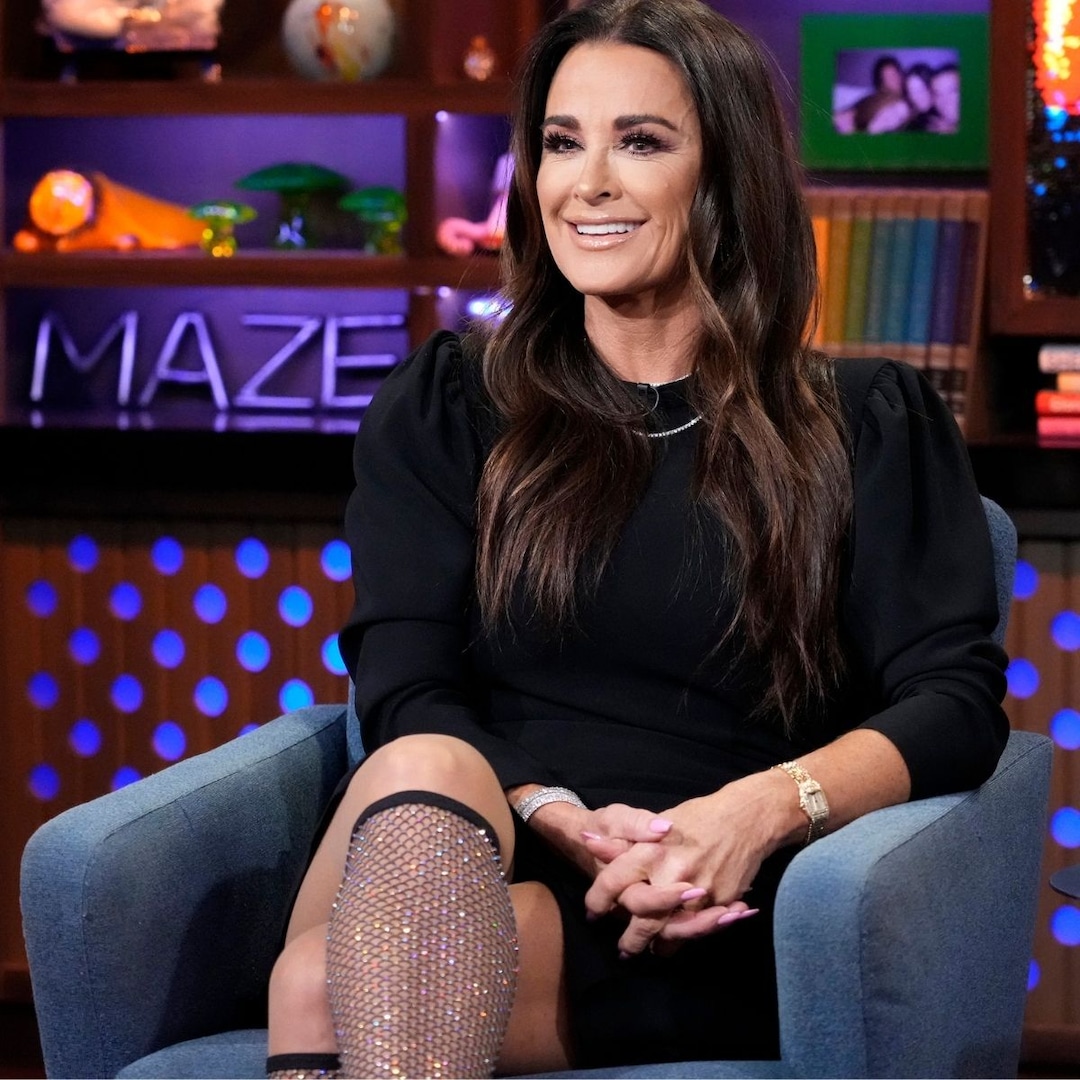
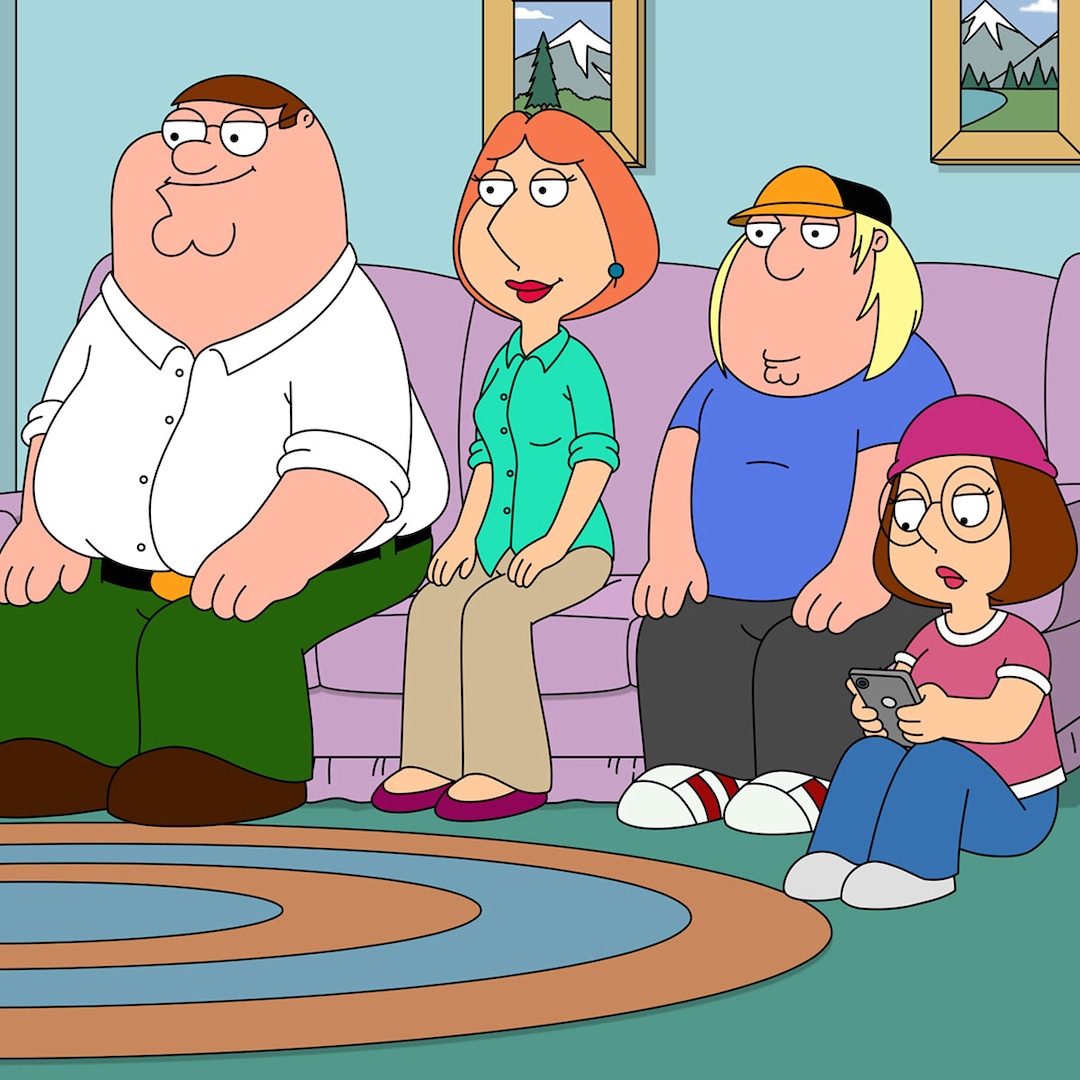
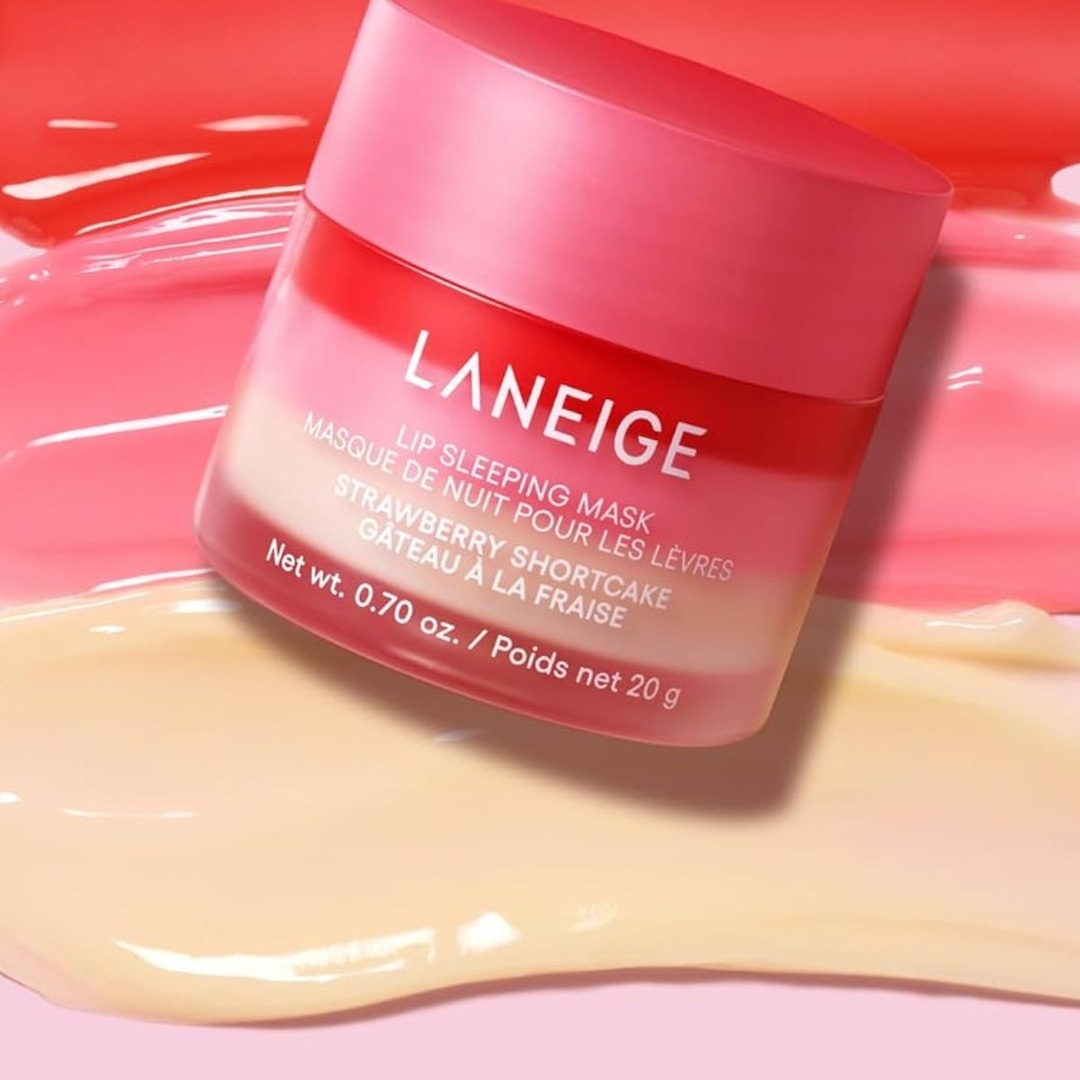

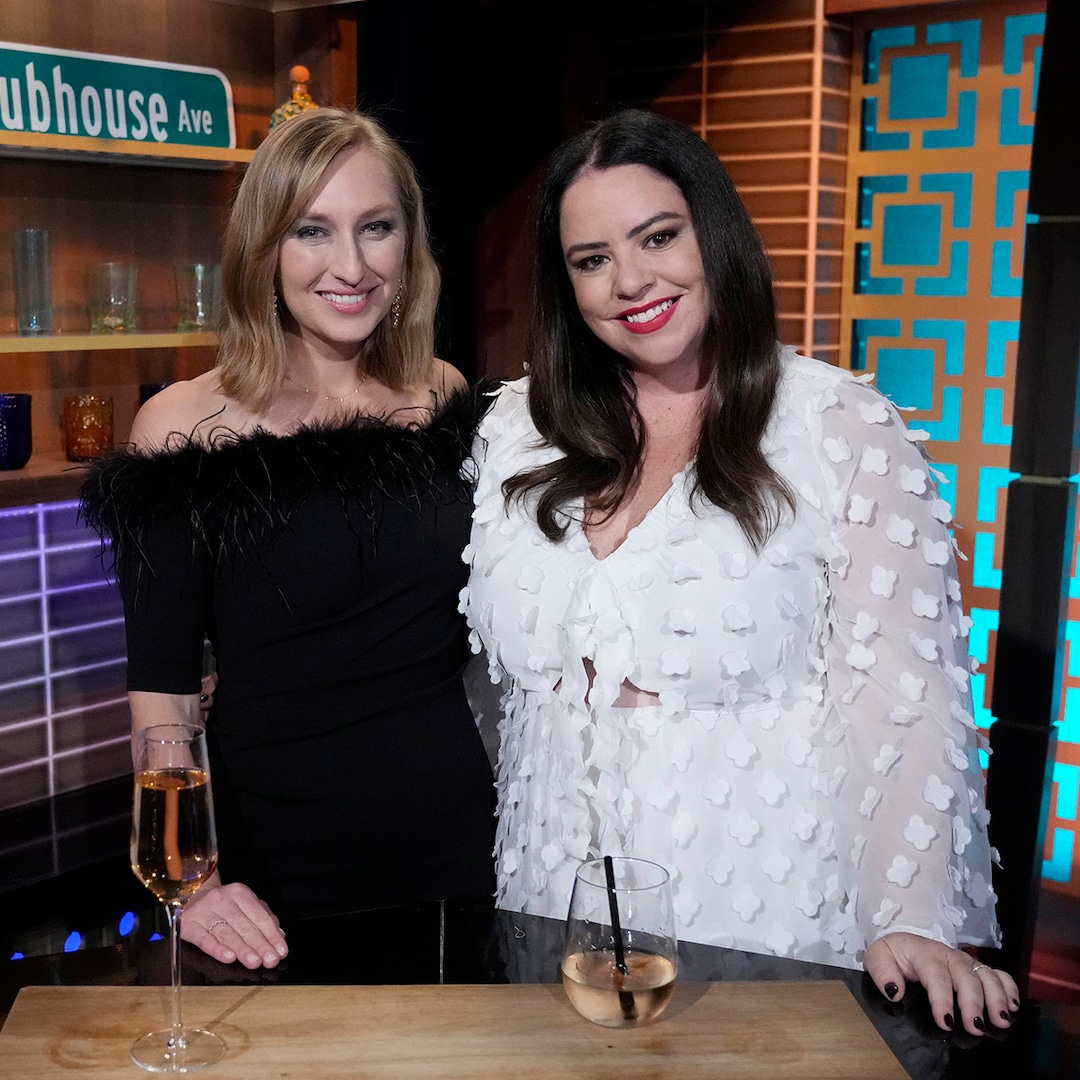







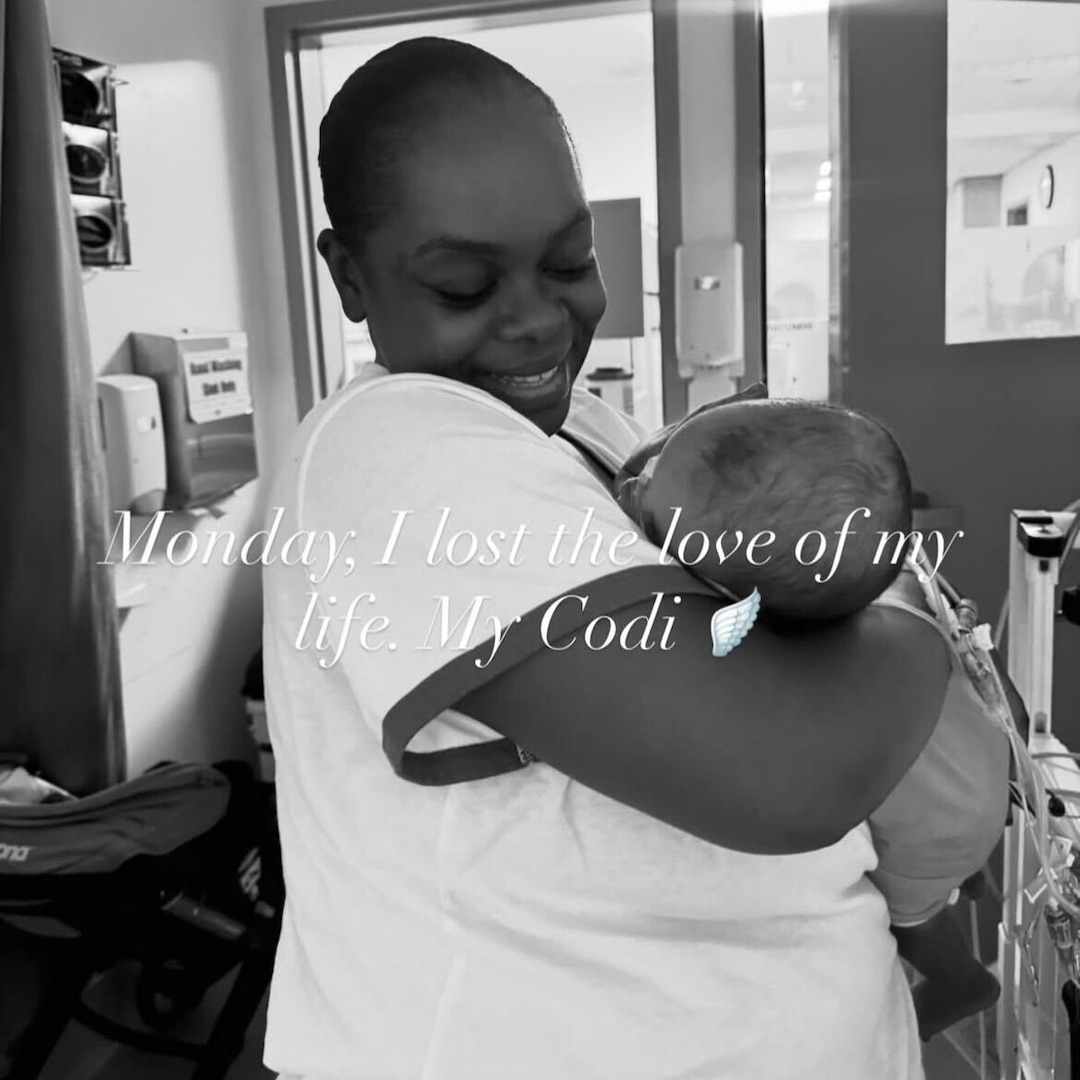


Leave a comment